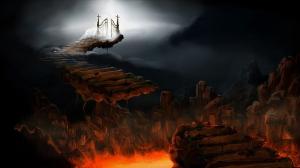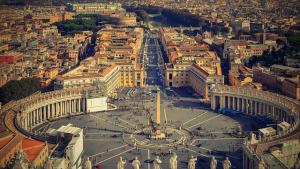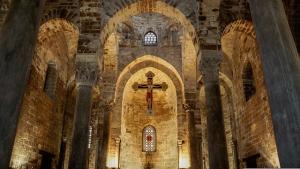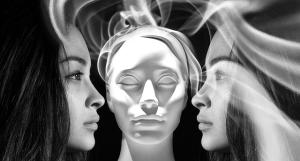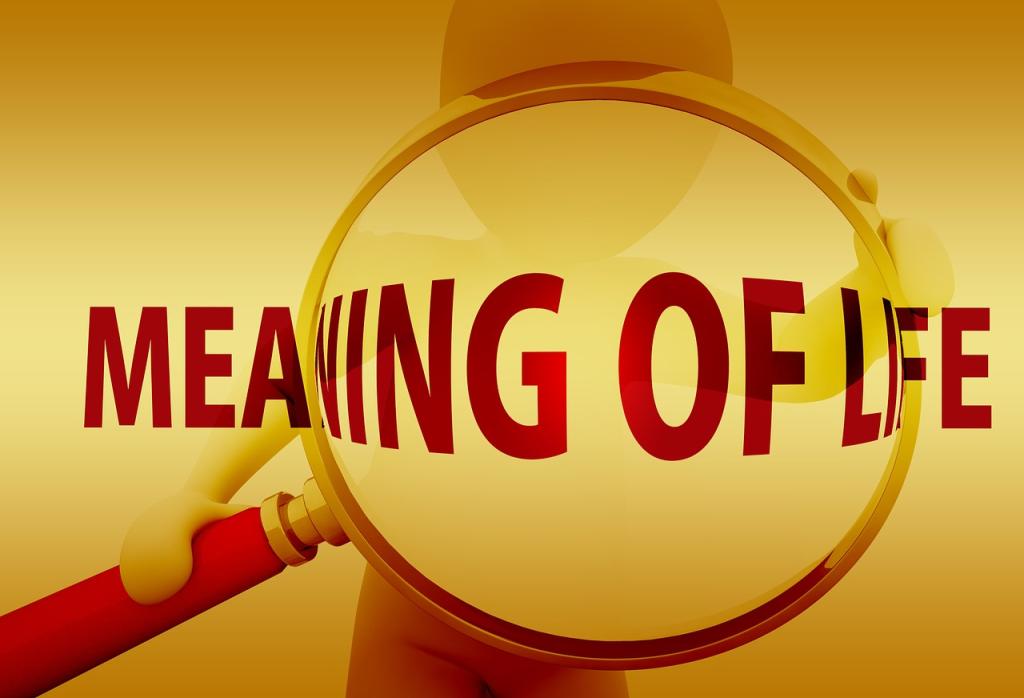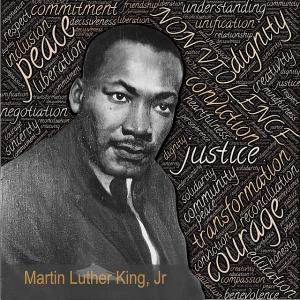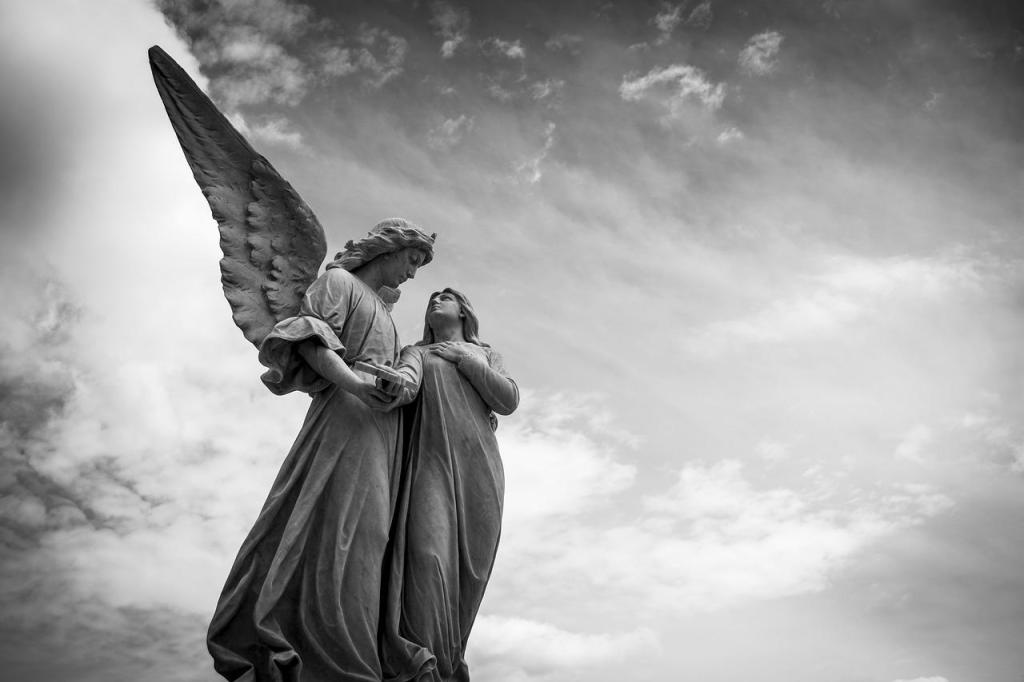The Apostles Creed contains a remarkable claim that would astonish us if familiarity had not dulled our senses. In the fourth paragraph of the Creed, we are told that Jesus descended into Hell. In this paper, I will review the basis for this assertion and what, within the context of the Apostles Creed, is meant by Hell. Lastly, I will examine the purpose of Jesus’ descent into Hell. What Is The Basis For The Claim? The Apostles’ Creed was primarily... Read more


